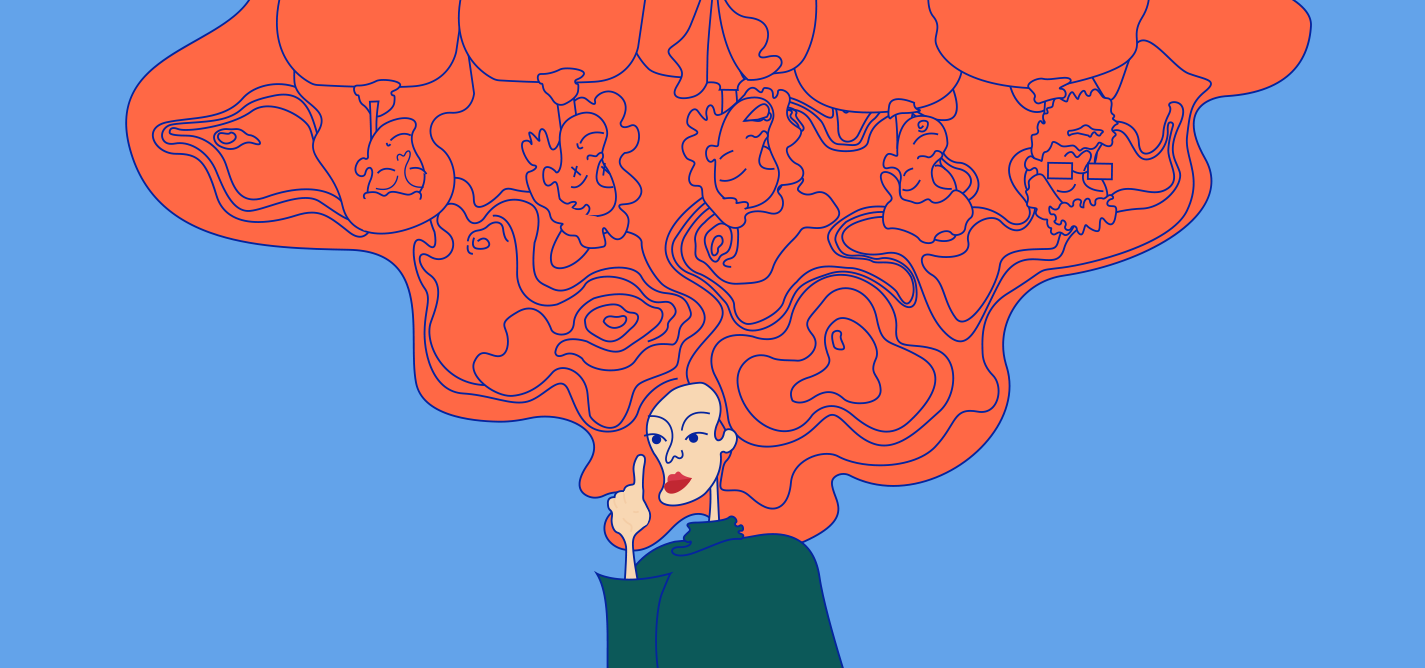
Why you shouldn’t call me ‘shaci’
Notes I wish I no longer needed to make.
|01.10.2019
|
Reflecting on it now, I realize how sad it must be to only have your daughter as the person you can turn to.
My elementary school was the definition of structural racism since they sent almost every child with a migrant background to the Hauptschule.

Ermira Berisha
Ermira Berisha is currently finishing her bachelor’s in political science and American studies at the Goethe University, Frankfurt. Ermira was born in Germany to Albanian parents which is why her interests lie in migration politics and the question of identity. Besides studying, she does political educational work regarding topics of discrimination, racism, right-wing extremism, civic courage and human rights.
This story was originally written in English.